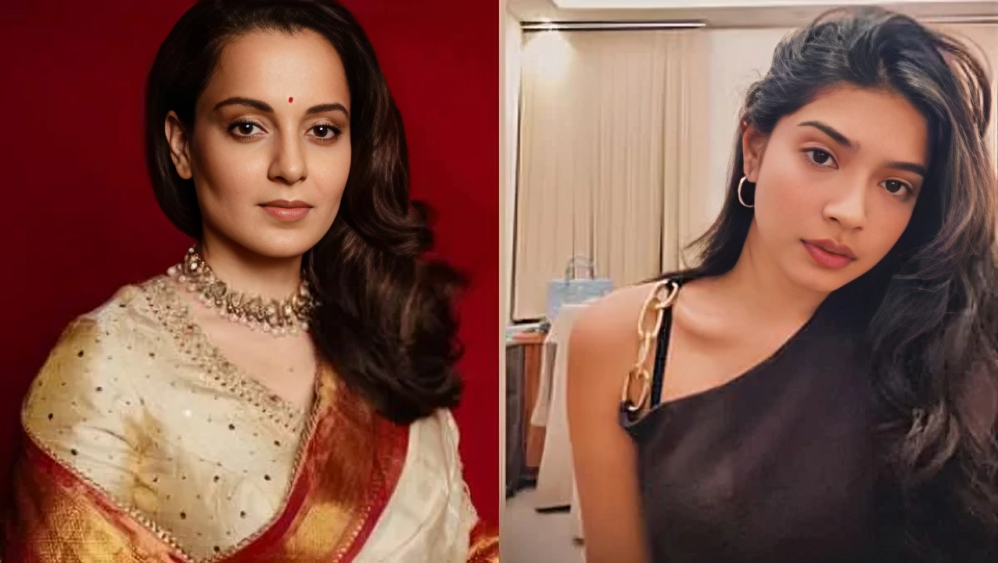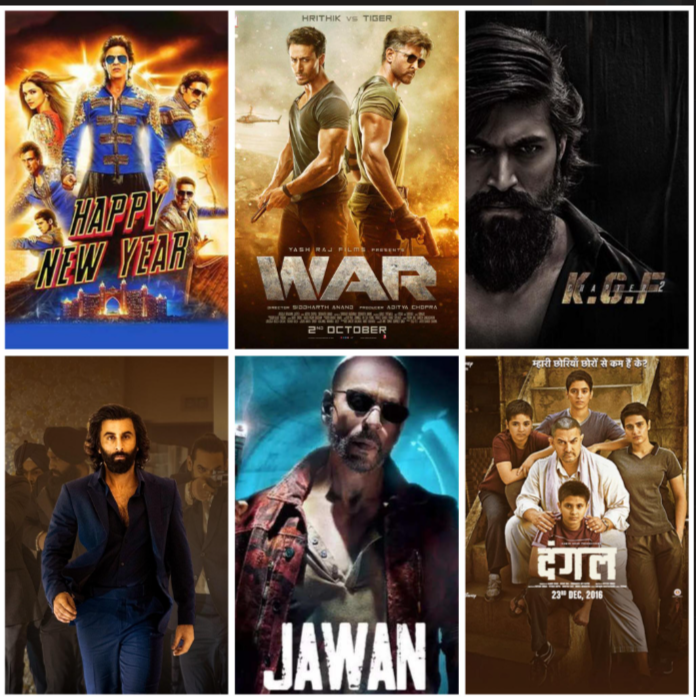Sharmistha Panoli, a 22-year-old law student from Pune, has become a participant in a national debate around free speech and communal sensitivity, after being arrested by Kolkata Police. This arrest happened after a video she posted on social media went viral in part because some of the comments she made were allegedly offensive in the context of Operation Sindoor — an Indian military operation that followed a terror attack in Jammu and Kashmir.

The Video and Apology that Became Controversial
On May 14, 2025, Sharmistha Panoli posted a video on Instagram that did, however, criticize Bollywood celebrities for remaining quiet on Operation Sindoor. The video went viral and led to a backlash. Many who saw the video claimed she had made comments that were derogatory against Prophet Muhammad and an entire religious community. The viral video was considered both inflammatory and communal.
Due to the backlash, Panoli deleted the original video and issued an unconditional apology. She stated
“I do hereby tender my UNCONDITIONAL APOLOGY. Whatever was put are my personal feelings and I never intentionally wanted to hurt anybody. So anybody is hurt, I’m sorry… Henceforth, I will be cautious in my public posts.”
Complaints had also been filed in multiple states, including West Bengal, and therefore intercession by the law was undertaken.
Arrest and Trial
After a complaint in Kolkata, the police issued a summons for Panoli, which Panoli did not respond to. The Kolkata Police then issued an arrest warrant. She was tracked down to Gurugram, Haryana where she was arrested and transported back to Kolkata on transit remand.
In front of the courts, Panoli’s bail was denied and the magistrate remanded her to release for 14 days until June 13, 2025. Proceeding with the charges, authorities seized her phone and laptop to examine the content for her social media activity.
She was charged under various sections of the Indian Penal Code and Information Technology Act, which included:
- Section 295A – Deliberate and malicious acts, intended to outrage religious feelings.
- Section 153A – Promotion of enmity between different groups.
- Section 67 of the IT Act – Publishing obscene material electronically.
Who is Sharmistha Panoli?
Prior to this controversy, Panoli was a final year law student at Pune Law University, while also engaged as a social media influencer, sharing videos on current affairs and lifestyle-related issues. She had over 90000 followers on Instagram before the controversy – her posts are now deleted or set to private.
Before her arrest, she had no history of legal issues or controversies. Her arrest has gained a significant amount of attention, with her supporters holding an online campaign using hashtags such as #FreeSharmisthaPanoli claiming her arrest is an attack on free speech.
Kangana Ranaut’s Support
Bollywood actress and Member of Parliament Kangana Ranaut publicly supported Panoli. On her Instagram story, Kangana wrote:
“I agree that Sharmistha used some unpleasant words for her expression, but such words most youngsters use these days. She apologised for her statements and that should be enough. No need to bully and harass her further. She should be released immediately.”
Kangana’s vocal support has amplified the ongoing debate about freedom of expression, especially on social media platforms.
Political and International Reactions
The arrest also received political commentary. Suvendu Adhikari, a BJP leader and the opposition leader in West Bengal, accused the ruling Trinamool Congress (TMC) of appeasement politics and claimed the arrest constituted a suppression of free speech.
On the international scale, Geert Wilders, a far-right Member of Parliament from the Netherlands, condemned the arrest. He called it “a disgrace to freedom of speech” and urged Prime Minister Narendra Modi to intervene.
The Larger Discussion
Sharmistha Panoli’s case illustrates the inherent difficulties of balancing free speech and communal harmony in India. It also raises important questions:
- To what extent should an individual be allowed to discuss sensitive issues?
- What are the responsibilities of a social media influencer in shaping public opinion?
- Are existing legal contexts sufficient or are they overly cautious with respect to online speech?
Overall, the incident illustrates the sensitive nature of both religion and politics in India, particularly as they are manifested and disseminated in fast fashion through social media platforms.
What Happens Next?
Panoli remains in judicial custody as the legal process continues. Her case is likely to set precedents on how similar incidents will be handled in the future, especially concerning social media content and hate speech laws.
The nation is closely watching, as debates over free speech, democracy, and social responsibility grow louder.
Stay tuned to Club4Celebs for more updates.


